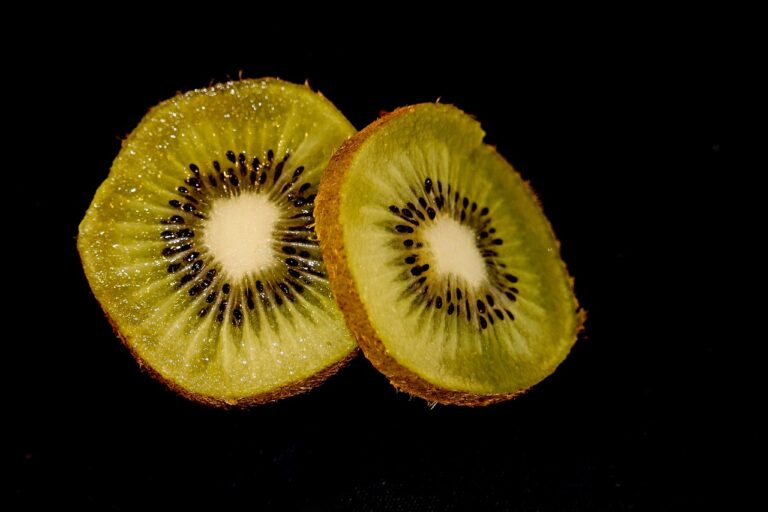The Future of Biotechnology in Space Exploration: Betbook250.com, 11xplay, Yolo 247
betbook250.com, 11xplay, yolo 247: Biotechnology has been a game-changer in various fields, from healthcare to agriculture. But what about its potential in space exploration? The future of biotechnology in space is incredibly promising, with the potential to revolutionize the way we explore and colonize other planets.
1. Enhancing Food Production
One of the biggest challenges of long-term space missions is ensuring a sustainable food supply for astronauts. Biotechnology can play a crucial role in this by genetically modifying plants to thrive in space environments. Researchers are working on developing crops that require less water and nutrients, making them ideal for cultivation in space.
2. Bioremediation
Bioremediation is a process that uses living organisms to clean up pollutants in the environment. This technology can be applied in space to clean up contaminated soil and water on other planets. By using bioremediation techniques, we can make other planets habitable for humans in the future.
3. Synthetic Biology
Synthetic biology involves designing and constructing new biological parts, devices, and systems for useful purposes. In space exploration, synthetic biology can be used to create new materials, drugs, and even living organisms that are tailored to survive in harsh space conditions.
4. Bioprinting
Bioprinting is a cutting-edge technology that allows scientists to print living tissues and organs using a special printer. This technology has the potential to revolutionize healthcare in space by enabling astronauts to manufacture replacement organs on-demand. In the future, bioprinting could be used to create entire ecosystems on other planets.
5. Radiation Protection
Space is filled with dangerous radiation that can harm astronauts on long-duration missions. Biotechnology offers the possibility of developing new materials that can protect astronauts from cosmic radiation. Researchers are exploring the use of biological materials, such as melanin, to create radiation-resistant suits for space travelers.
6. Genetic Engineering
Genetic engineering allows scientists to modify the DNA of organisms for specific purposes. In space exploration, genetic engineering can be used to create organisms that can produce oxygen or other essential resources for human settlement on other planets. This technology has the potential to create sustainable ecosystems in space.
7. FAQs
Q: How soon can we expect to see biotechnology being used in space exploration?
A: Biotechnology is already being used in various aspects of space exploration, and we can expect to see even more applications in the near future as technology continues to advance.
Q: Is there any ethical concern with using biotechnology in space?
A: Like any technology, biotechnology in space exploration raises ethical questions that need to be carefully considered. However, the potential benefits of using biotechnology in space far outweigh the risks.
Q: Will biotechnology be crucial for the colonization of other planets?
A: Biotechnology will undoubtedly play a crucial role in enabling human settlement on other planets by providing sustainable food, clean water, and other essential resources for life.
In conclusion, the future of biotechnology in space exploration is full of possibilities. By harnessing the power of biotechnology, we can pave the way for the future of humanity in space. From enhancing food production to creating sustainable ecosystems, biotechnology will be a key driver of innovation and progress in our efforts to explore and colonize other planets.







